The views expressed in our content reflect individual perspectives and do not represent the authoritative views of the Baha'i Faith.
Speaking as an American and world citizen, and as a member of the Baha’i Faith (but not in any official capacity), I applaud Starbucks’ “Race Together” campaign along with the publication Why Race Together? in USA Today, from which I quote this excerpt:
Racial diversity is the story of America, our triumphs as well as our faults. Yet racial inequality is not a topic we readily discuss.
It’s time to start.
Conversation has the power to change hearts and minds. . . .
Our companies share a philosophy: Elevating diversity is the right thing to do, but it is also a necessity. Our nation is only becoming more diverse. To ignore, dismiss or fail to productively engage our differences is to stifle our collective potential. Diversity of thought and skills lead to more creative ideas and higher performance.
– Howard Schultz, Chairman and Chief Executive Officer, Starbucks Coffee Company, and Larry Kramer, President and Publisher USA Today, Why Race Together?
This initiative exemplifies corporate responsibility at its finest.
Missing from this national (and international) “conversation,” however, is the concept of “unity in diversity.” While the dialogue may imply it, we need to make this social objective explicit.
Conversations, after all, should do more than map out the problems, and go beyond promoting greater understanding. Both are necessary and important. But for real change to occur, all sides need to reach consensus on shared values that serve as a basis for reciprocity in a mutual vision of the future.
That means we need a useful “roadmap” for social change. But no institutional change occurs, or at least occurs effectively, absent a change of heart, mind and soul. Race relations demands a lot of soul-searching, both individually and institutionally.
“Easy for you to say,” you say, since I’m not a racial minority. Granted. But I’m trying to express a position articulated by Baha’i philosopher Alain Locke, who was the most important spokesman for African-Americans between W. E. B. Du Bois and the late Dr. Martin Luther King, Jr. (Listen to a speech from Alain Locke)
As part of the conversation, I offer Alain Locke as a national resource and a source of inspiration (Read: Alain Locke: Race Leader, Social Philosopher, Baha’i Pluralist). The first African-American Rhodes Scholar (1907) and leader of the Harlem Renaissance, Locke became a Baha’i in 1918 (the same year that he was awarded his PhD in philosophy by Harvard University). Alain Locke was memorialized and honored at the Congressional Cemetery in Washington, DC, on September 13, 2014, when an urn of his ashes was interred at the foot of a distinguished headstone, in an event organized by the American Association of Rhodes Scholars.
Just as the motto, “Race Together,” was formerly written (by baristas) on Starbucks coffee cups, I propose that other meaningful and memorable mottos now be printed on Starbucks cups. Here are a couple of quotes from Alain Locke that would fit that purpose nobly:
Eventually, just as world-mindedness must dominate and remold nation-mindedness, so we must transform eventually race-mindedness into human-mindedness. – Alain Locke, “Stretching Our Social Mind“, 1944.With their complementary traits and qualities [the races] have great spiritual need, the one of the other, if they will so see it. – Alain Locke, quoted in “Says Art Raises Status of Negroes: Dr. Alain Locke Declares Nation is Re-evaluating Race for Its Contributions,” New York Times, Sept. 8, 1931, p. 17.
Mottos and slogans can only take us so far. We need a new language, a fresh racial and interracial vocabulary, shared social values, an ethic of reciprocity, cultural exchange, goal-oriented dialogue, outcome-determinative objectives, a common vision, uncommon commitment and sources of inspiration. Alain Locke made this very point in 1925, the year he published the historic anthology he edited, The New Negro: An Interpretation. Locke wrote:
America’s democracy must begin at home with a spiritual fusion of all her constituent peoples in brotherhood, and in an actual mutuality of life. Until democracy is worked out in the vital small scale of practical human relations, it can never, except as an empty formula, prevail on the national or international basis. Until it establishes itself in human hearts, it can never institutionally flourish. Moreover, America’s reputation and moral influence in the world depends on the successful achievement of this vital spiritual democracy within the lifetime of the present generation. (Material civilization alone does not safeguard the progress of a nation.) Baha’i Principles and the leavening of our national life with their power, is to be regarded as the salvation of democracy. In this way only can the fine professions of American ideals be realized. – Alain Locke, “America’s Part in World Peace.” In Harlan Ober, “The Baha’i Congress at Green Acre.” The Baha’i Magazine (Star of the West) 16.5 (August 1925): 525.
Why did Locke say that “Baha’i Principles and the leavening of our national life with their power, is to be regarded as the salvation of democracy”? Not because the principles come from the Baha’i Faith, but because they’re universal:
My hope is that ye may raise high the standard of the oneness of the world of humanity and that ye may become the cause of union and harmony among all the races and religions, so that mankind may unite, may fling away the garb of indifference and engage in affection, that the fire of religious, racial, political and patriotic prejudices may be quenched… – Abdu’l-Baha, (Translated by Shoghi Effendi, January 28, 1919), Star of the West, Vol. 10.4 (May 17, 1919), p. 77.)
So what would Alain Locke say about the “conversation” that Starbucks and USA Today now promote? Having researched Locke’s life and work rather extensively, and having published a good deal about him, I would expect that Dr. Locke would go beyond the implied goal of “racial equality” to that of interracial harmony: “With their complementary traits and qualities [the races] have great spiritual need, the one of the other, if they will so see it.”
And so, if “conversation has the power to change hearts and minds,” what is the change that we would like it to bring about? Equality? Yes, of course. What else? What more? What comes next?
Alain Locke would take this “Race Together” one or two steps further, not only in having a conversation that addresses issues of inequality and equality, but in having a conversation that reaches deeper matters of personal heart and social conscience. For equality, necessary as it is, is not enough.
Equality is not the final goal. Equality is a stepping stone to something greater, more universal, more profound, more far-reaching—something that not only “has the power to change hearts and minds,” but which has the power to transform souls at their very depth, and to advance civilization, as a whole, to a state of society that transcends the vocabulary, the history, the legacy, and the entire mentality of race.
Find more audio and video clips of Alain Locke.


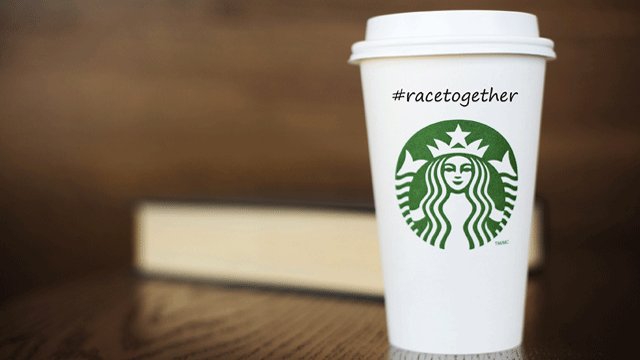
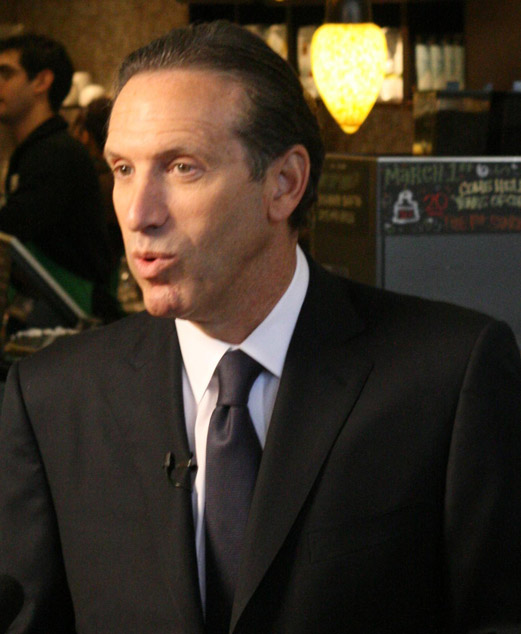
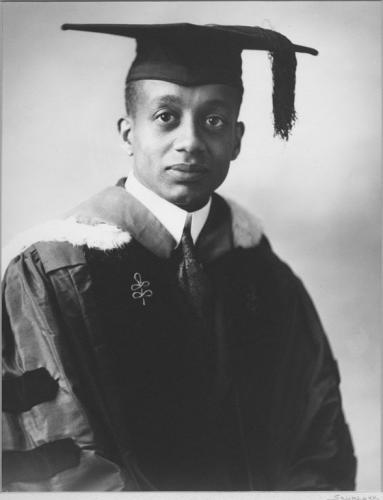


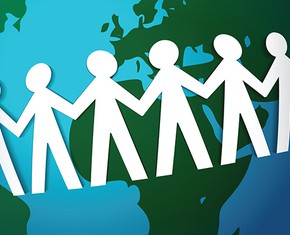
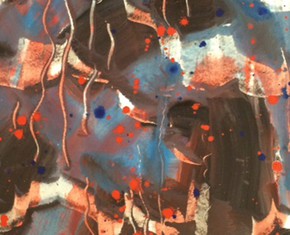









Comments
Sign in or create an account
Continue with Googleor